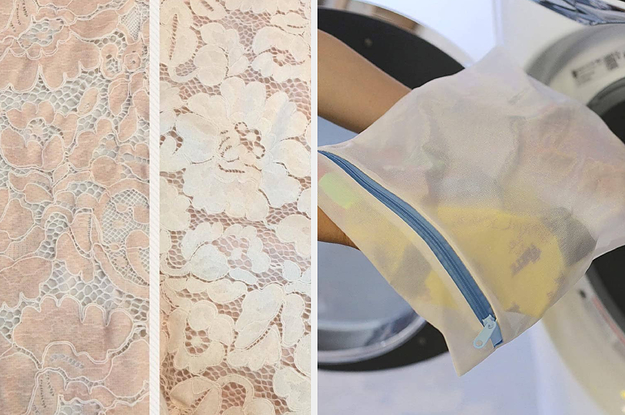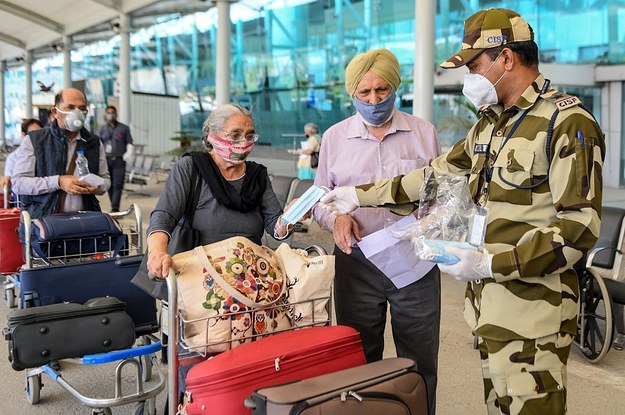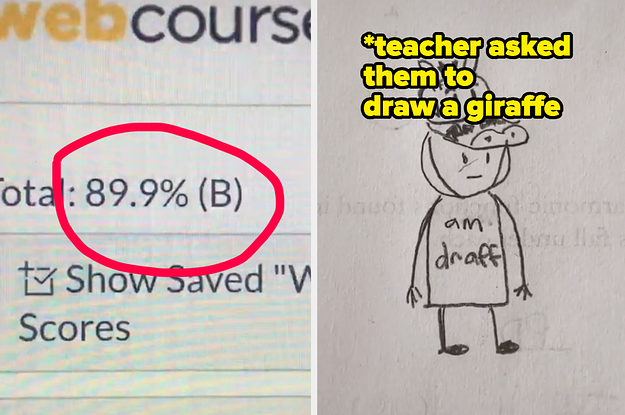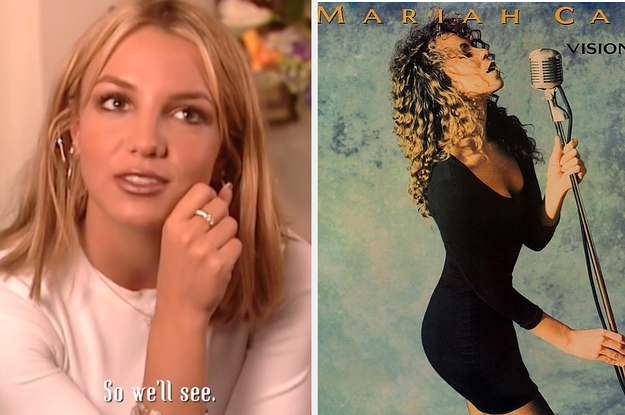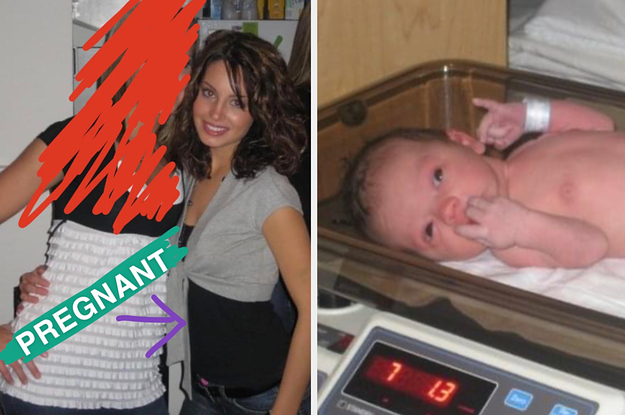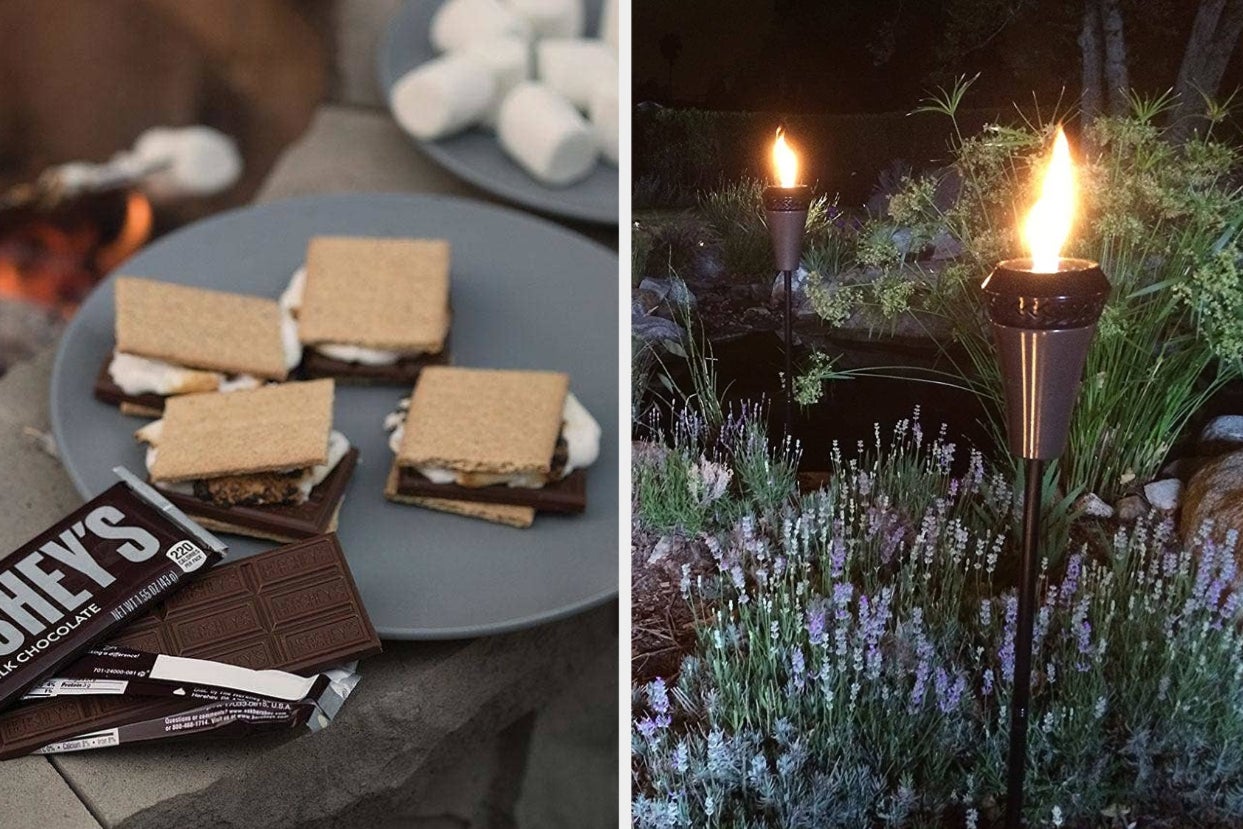Category: Viral
Category Added in a WPeMatico Campaign
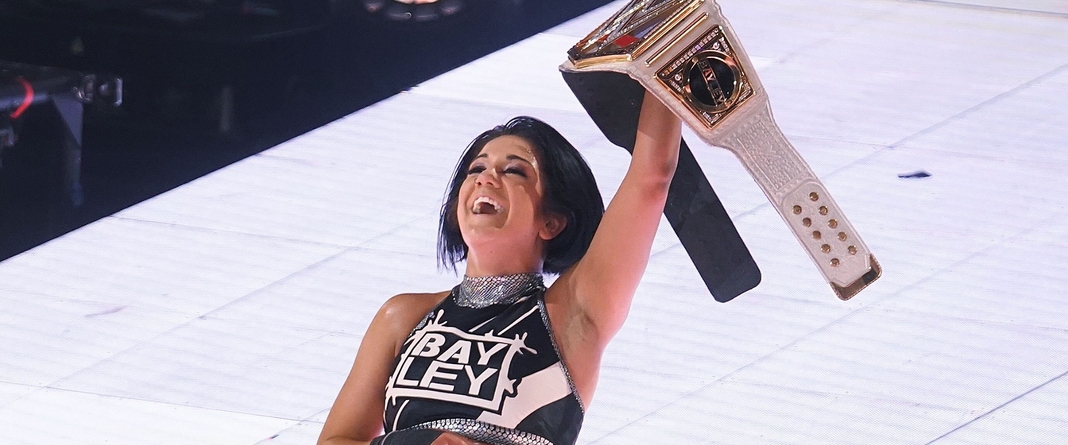
Here are your quick and dirty, editorial-free WWE Friday Night Smackdown results for May 22, 2020. This week’s show featured more first round matches in the Intercontinental Championship tournament, a champion vs. champion match, and more. Make sure you’re here tomorrow for the complete Best and Worst of Friday Night Smackdown column.
WWE Friday Night Smackdown Results:
– The show opened with The Miz and John Morrison making fun of Braun Strowman with “rejected puppets” from the Firefly Funhouse. Strowman interrupted, and Morrison volunteered Miz for a one-on-one match.
1. Universal Champion Braun Strowman defeated The Miz with a powerslam. After the match, Morrison challenged Strowman to a 2-on-1 handicap match for the Universal Championship at Backlash.
2. Intercontinental Championship Tournament Match: AJ Styles defeated Shinsuke Nakamura. Styles won with the Phenomenal Forearm.
3. Smackdown Women’s Champion Bayley defeated NXT Women’s Champion Charlotte Flair. Bayley countered a roll-up and held the ropes to steal a victory.
4. Dolph Ziggler and Sonya Deville defeated Otis and Mandy Rose. Rose has new denim gear to match Otis. Deville pinned Rose after a stiff knee strike to the back of the head. After the match, Otis tried to check on Rose but got superkicked by Ziggler.
– The Forgotten Sons want to kill you for not loving the troops enough.
5. Intercontinental Championship Tournament Match: Jeff Hardy defeated Sheamus. Hardy won with a roll-up to advance in the tournament.
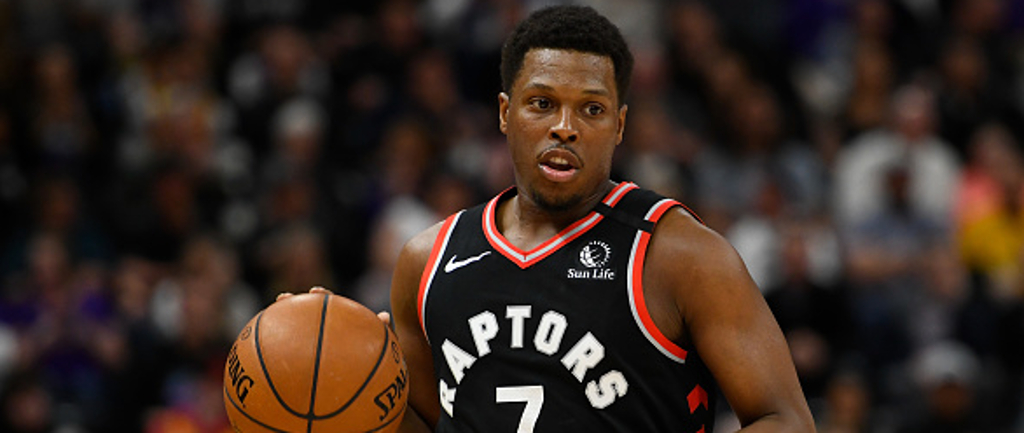
If the latest reports are to be believed, it certainly appears that the NBA is inching ever-so-slowly toward a return to action. There’s been plenty of discussion in recent weeks about how this might work logistically, given the safety protocols that would have to be implemented as the global COVID-19 pandemic continues to spread.
Last week, the league announced that teams residing in markets that have loosened their social distancing restrictions could resume skeleton-crew workouts at their practice facilities, but that was met with a tepid response, in no small part because so many players have traveled out of market to be with their families during the crisis and are reluctant to return until there is a more definitive plan to resume play.
The idea of a so-called “bubble” location has taken hold, with Walt Disney World in Orlando emerging as the clear front-runner to host the games, which various reports have indicated could include an abbreviated 70-game finish to the regular season, followed by the playoffs.
In order for that to happen, players and team personnel would potentially have to undergo 14-day quarantines, and there is reportedly some consensus among them that they’d prefer to simply travel straight to the bubble location rather than return to their home cities and have to quarantine twice. Via Adrian Wojnarowski of ESPN:
Teams want to avoid having to quarantine significant portions of their rosters twice — once upon returning to more restrictive markets, and again, at the bubble site.
In anticipation of the league’s expectation of restarting the season, the NBA has told those teams that it plans to work with them on solutions that possibly include redirecting some teams directly to campus/bubble sites instead of team facilities to hold training camps, sources said.
For example, here’s what Raptors All-Star guard Kyle Lowry wants to avoid: He has been working out in Philadelphia and could have to return to Toronto and quarantine for two weeks — without a guarantee that Canadian regulations would let him use the team’s facility during that period of time. Conditioning gains he had made could be dulled — just as Lowry and others are looking to accelerate preparation.
An additional report on Friday indicated that the travel squad for each NBA team would be reduced to a maximum of 35 people in all, whereas teams regularly travel with more than 50 people. Regardless, an NBA return is starting to look more promising as the league continues to hammer out all of the details on what will be mammoth undertaking to safely resume play.
(ESPN)

